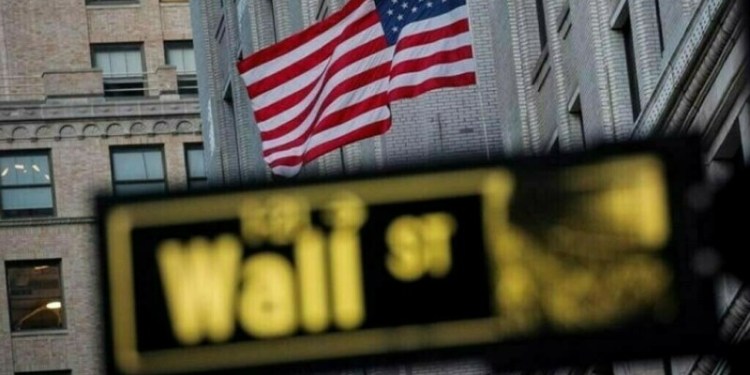Shareholders in BP Thursday rejected a pay deal worth $ 19.6 million (17.3 million euros) for chief executive Bob Dudley in a symbolic vote amid heavy losses and job cuts at the oil giant.
Only 40.89 percent voted in favour of the deal in the non-binding vote that highlighted shareholder discontent at BP’s annual general meeting in London.
Chairman Carl-Henric Svanberg told investors that “we hear you loud and clear”, but argued that Dudley’s pay packet was justified by a “seriously impressive performance” in volatile conditions.
The London-listed energy group clocked up a loss of $ 6.5 billion last year — the biggest for at least 20 years — following a global collapse in oil prices and costs relating to the Gulf of Mexico oil spill in 2010.
It (Other OTC: ITGL – news) also announced it would axe another 3,000 jobs, taking its total cull to 11,000 positions since the start of 2015.
The deal would see Dudley’s overall deal increase by 20 percent compared to the previous year.
It is linked to a doubling of funds set aside for Dudley’s pensions and is based on a calculation approved by 96 percent of shareholders in 2014.
Ahead of the vote, institutional investor Aberdeen Asset Management (Other OTC: ABDNF – news) said Dudley’s pay structure was “overly complex” and backed the company to “take note of shareholders’ feedback”.
Svanberg promised to meet with leading shareholders “to make sure we understand their concerns.”
“We know already from the proxies received and conversations with our institutional investors that there is real concern over the directors’ pay in this challenging year for our shareholders,” he said.
– ‘Wrong message’ –
Ashley Hamilton Claxton of Royal London Asset Management, which holds 0.7 percent of BP shares, said the board was “out of touch”.
“We think it sends the wrong message in terms of paying him the maximum bonus when he has made a significant loss,” she told BBC radio ahead of the vote.
The Institute of Directors (IoD), a business organisation for company directors, also warned the pay rise could send the “wrong message” to other firms, but said that Dudley was not to blame for the company’s troubles.
“BP is not a badly run company, and its current woes are common to other firms in the sector,” said IoD director Simon Walker.
“Nevertheless, the UK Corporate Governance Code is clear that pay should be tightly linked to performance and that targets should be stretching and rigorously applied.
“Should the pay package be approved, it could send the wrong message to investors and other boards. We therefore urge all shareholders to scrutinise the pay deal of Mr Dudley very closely.”
A BP spokesman defended the pay package and the group’s performance in a “very challenging environment”.
“BP’s safety and operating performance was excellent throughout 2015 and management also responded early and decisively to the steep fall in the oil price,” he said.
“BP’s performance surpassed the board’s expectations on almost all of the measures that determine remuneration – and the outcome therefore reflects this.”
The group’s remuneration policy is decided every three years, with the next vote taking place in 2017.


























